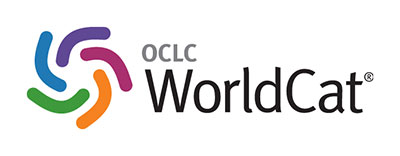PERSPEKTIF HUKUM ISLAM MENGENAI PRAKTIK GHARAR DALAM TRANSAKSI PERBANKAN SYARIAH
Indonesia
DOI:
https://doi.org/10.28932/di.v12i2.3323Keywords:
Gharar, Transaction, Banking, InvestmentAbstract
The industrial era 4.0 has presented sophisticated online transactions, this has also brought changes to the banking and investment sector in Indonesia. The phenomenon of online transactions in banking and investment practices has made Islamic finance, which prohibits the concept of giving interest or usury, becomes "grey", in other words, unclear or uncertain. There is no prohibition in Islamic law for a contract, which is only related to something that is not certain. However, if something uncertain causes the other party to suffer losses and the other party gains, then it becomes gharar. This study raises a legal issue, namely how gharar practices in banking and investment in Indonesia. The research method used is normative juridical. The results of the study concluded that gharar should be avoided in banking and investment institutions because the practice of gharar has the potential to occur in all (commercial) business contracts. where there is incomplete information due to the uncertainty of both parties who transact and even change something that should be certain to be uncertain. So that to realize a good transaction system according to Islam, it needs support from Muslims, namely by applying the concept of investment in Islam. Islamic financial transactions must be constructed carefully and avoid things that are prohibited by Islam.Downloads
Download data is not yet available.
Downloads
Published
2021-04-20
How to Cite
Shohih, H., & Setyowati, R. (2021). PERSPEKTIF HUKUM ISLAM MENGENAI PRAKTIK GHARAR DALAM TRANSAKSI PERBANKAN SYARIAH: Indonesia. Dialogia Iuridica, 12(2), 69–82. https://doi.org/10.28932/di.v12i2.3323
Issue
Section
Articles













